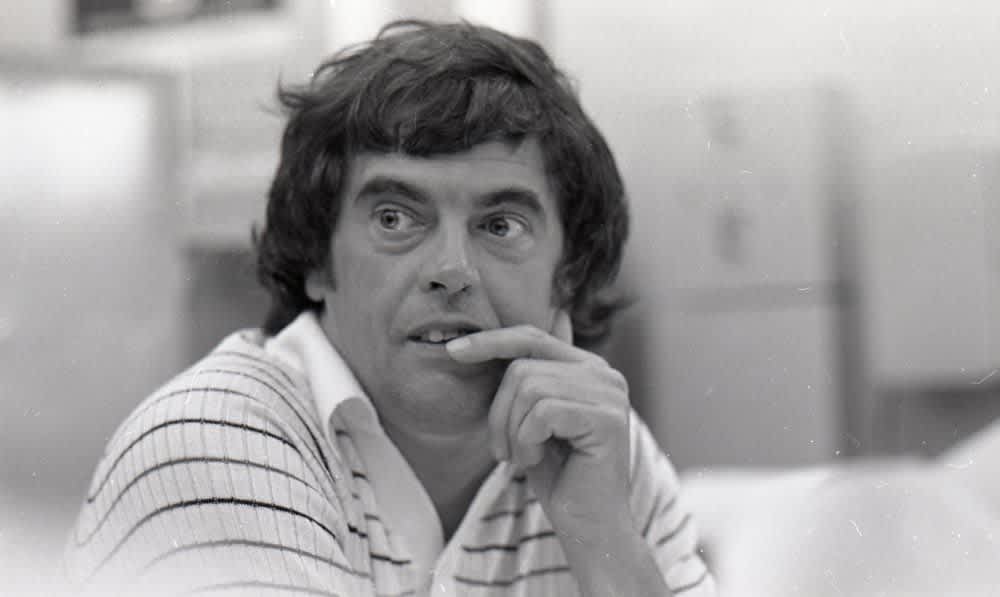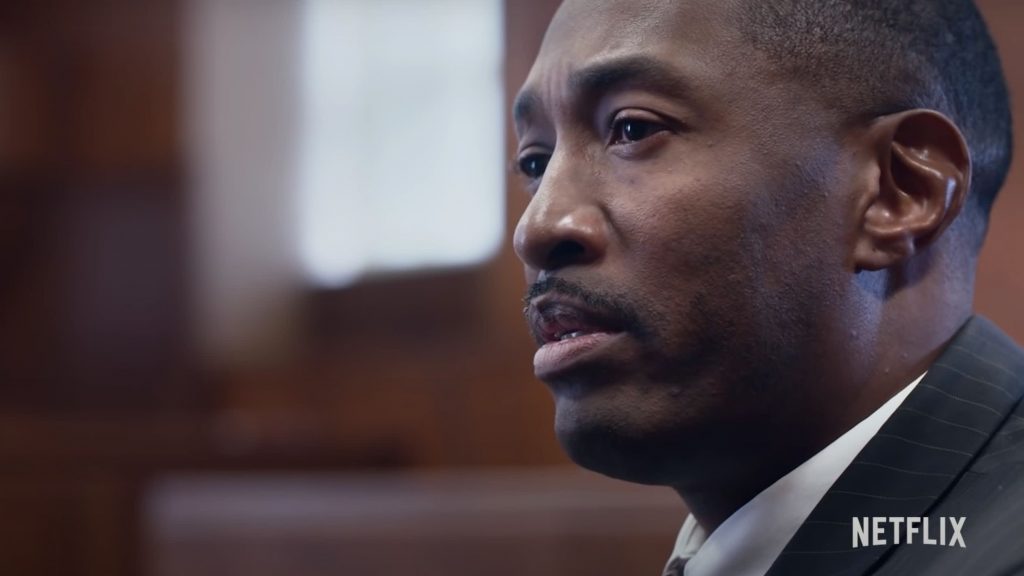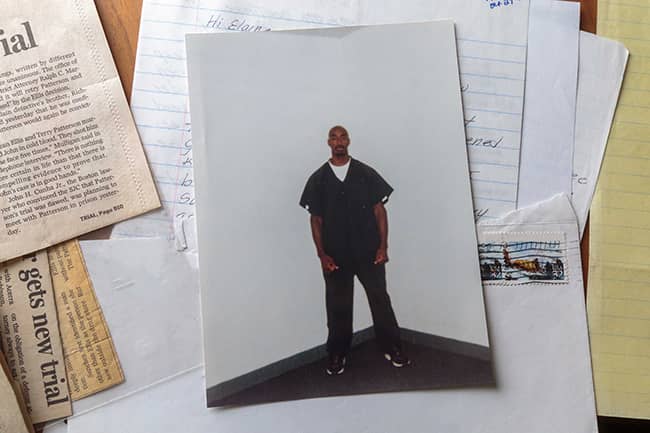Trigger warning: This article contains details of a real-life murder.
It seems the world cannot get enough of true crime and with the addition of another Netflix series to sink our teeth into, the trend continues to grow.
The streaming service has released an eight-part docuseries, Trial 4, which follows the story of Sean K. Ellis, an American man who served 22 years in prison after being wrongfully convicted for the murder of a Boston police officer.
Netflix’s synopsis reads: Ellis’s story, while devastating, sheds light on timely issues of systemic racism, police corruption and criminal justice reform while offering hope that, ultimately, people have the power to change the system.
Now a free man, the series looks at his fight for justice to prove his innocence and serves as an important and timely reminder for the Black Lives Matter movement that is still so relevant today.
So, what happened to Sean Ellis and where is he today?
The Story of Sean Ellis
In 1993, at the age of 19, African-American teenager Sean Ellis was accused and later convicted of the murder of a white police detective named John Mulligan.
John Mulligan was said to have a list of “enemies” due to his reputation of being a hypervigilant officer who made hundreds of arrests and convictions and also had many civilian complaints lodged against him. According to WGBH, the officer was also “involved in robbing drug dealers and assisting the other police officers who later were tried in a separate trial of corruption.”

On the morning of September 26, the 52-year-old officer was found dead outside a Wallgreens pharmacy while working on a paid detail in Roslindale, Boston. According to police reports, someone took Mulligan’s service revolver, before shooting him five times in the face with another gun.
Around the time of the murder, Ellis was shopping at Walgreens — picking up nappies for his cousin — with his friend Terry Patterson. A witness, Rosa Sanchez — whose statement was later dismissed due to a familial relationship with another officer — said she had seen Ellis crouching down next to Mulligan’s car.
Later, the Boston Police would find the weapons used in the murder near Ellis’ house while investigating two other murders, Celine Kirk and Tracy Brown, Ellis’ cousins. There was no significant physical evidence to tie Ellis to the crime.
The two teens were arrested with Patterson’s fingerprints found on the window of Mulligan’s car and Ellis’ uncle then said that Ellis had hidden two guns, given to him by Patterson, however, stated that his nephew had not killed anyone.
Ellis’ then-girlfriend Letia “Tia” Walker testified that he had two guns in her home, however, during an interview in the series, she spoke of police harassment and threats that her young child would be removed from her home.
Based on the evidence, Ellis was subjected to three criminal trials — with the first and second resulting in a hung jury and mistrial. The third found him guilty and he was convicted of murder.
His defence team, who we meet in the docuseries, highlighted the unusual circumstances that led to the multiple trials and determined that it was because the police wanted an outcome as one of their own had been killed.
In 2015, his conviction was overturned by a judge who found that there were corrupt detectives involved in the murder case, which proved that Ellis was not given a fair trial. He was cleared of all charges in 2018 after serving 22 years in prison.
“If there was any question about my exoneration we would be heading to a fourth trial,” he said following his release.

Patterson was also found guilty and sentenced to life in prison without the possibility of parole, even though he maintained his innocence all along.
In 2006, fingerprint evidence which was used to convict him was found unreliable and after agreeing to take a plea deal, his counts were reduced to manslaughter, armed robbery, and gun charges. He was released with a credit of time served.
After Ellis’ conviction, it was found by The Boston Globe’s Spotlight team (the team that exposed the Catholic Archdiocese of Boston sex abuse scandal) that the Boston police department “had been fabricating informants, falsifying warrants, and seizing thousands of dollars from searches and keeping it for themselves.” There were also allegations that they were putting seized drugs back on the streets in order to make money.
Specifically, two detectives, Acerra and Robinson, were under suspicion for corrupt behaviour and Mulligan’s integrity was also questioned.
In 1997, they were both convicted and plead guilty to conspiracy, theft, intimidation of witnesses and falsifying informants which eventually led to Ellis’ release.
While in prison, Ellis got a paralegal certificate and is now committed to fighting justice for others.
According to Digital Spy, he became a trustee of the New England Innocence Project in 2019, which works to correct and prevent wrongful convictions.
Authorities are still unsure who killed Mulligan.
Stream all episodes of Trial 4 on Netflix.







